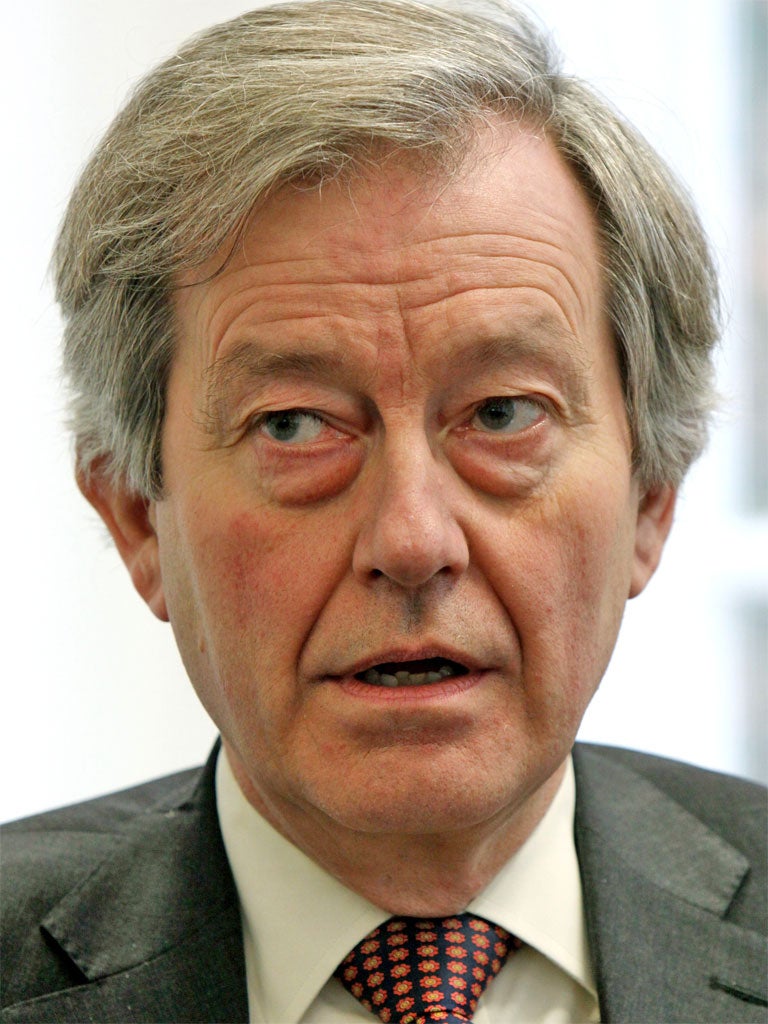'Inadequate and slow' regulator criticised over faulty breast implant scandal
MHRA failed to act promptly as thousands of women were left fearing for their safety, say MPs

The medicines regulator failed to exercise proper vigilance over cosmetic surgery in the PIP breast implant scandal which has left thousands of women fearing for their safety, a parliamentary committee will say today.
The Medicines and Healthcare Products Regulatory Agency (MHRA) was slow to respond to the unfolding scandal when it broke in December, made "inadequate" attempts to communicate with affected women and failed to gather "all possible evidence" on which to make a judgement about the safety of the implants, the Commons Health Select Committee says in a report.
It is still impossible to tell women who received the implants, which were withdrawn last year after they were found to contain industrial grade silicone, what risks they run with any degree of certainty, the MPs say.
An estimated 47,000 women in Britain received the implants, made by French company Poly Implant Prothèse, which were much cheaper than rival products and chiefly used by private clinics.
That alone should have triggered greater vigilance, the MPs say. After a high rupture rate was reported in France, experts convened by the Department of Health said there was no need for women to seek routine removal but they could seek a medical review and have implants removed if they were not reassured.
Stephen Dorrell, chairman of the Health Committee, said it was "broadly supportive" of the Government response but the events raised wider concerns about the regulation of medical devices.
There was insufficient evidence to judge the safety of the implants or even to allow doctors to know whether their patients were affected. "That is clearly unsatisfactory," Mr Dorrell said.
The MHRA was unable to confirm that no implants were used after it issued an alert in March 2010, because the private sector is not bound to respond to alerts.
"The obligations on care providers and the MHRA need to be urgently reviewed," Mr Dorrell said.
The risks posed by the implants may be worse than first thought as further evidence has emerged about the risk of inflammation associated with them.
Pierre Guillot, managing director of the Harley Medical Group, which placed the implants in 14,000 women, wrote to Sir Bruce Keogh, the NHS medical director and leader of the expert group, on 24 February noting that his surgeons had "noticed phenomena that they had never noticed with other implants" which had ruptured, including the presence of pus, redness and "lumpy granular tissue" in up to one in four cases. Even where the implants were intact, one in four showed signs of leakage.
The committee said the evidence should be examined "carefully and urgently" and early removal of the implants recommended if significant complications are found.
Subscribe to Independent Premium to bookmark this article
Want to bookmark your favourite articles and stories to read or reference later? Start your Independent Premium subscription today.

Join our commenting forum
Join thought-provoking conversations, follow other Independent readers and see their replies
Comments